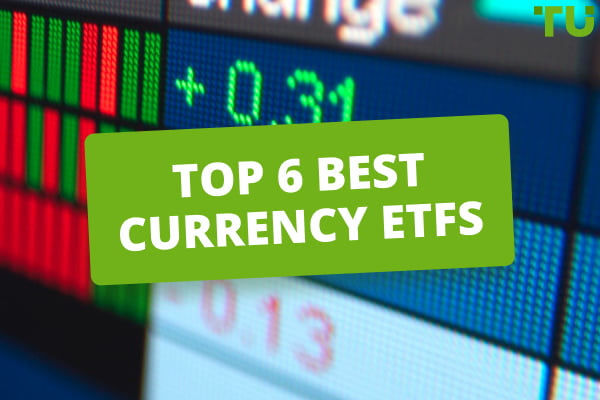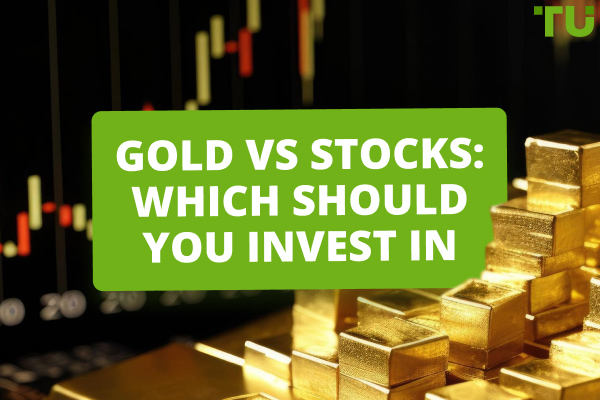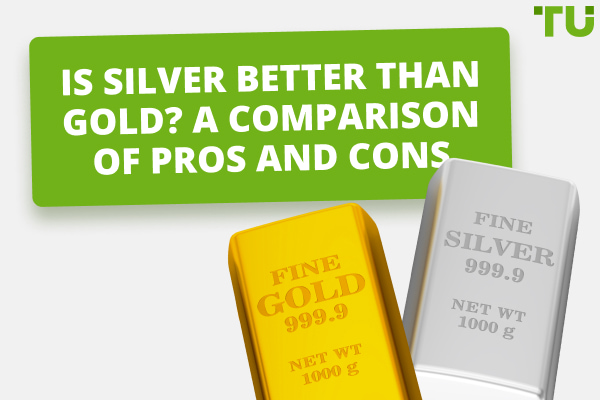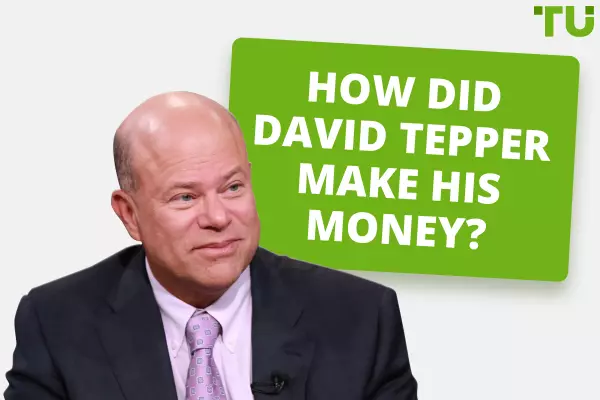What type of investment is haram?
Certain types of investments are considered haram (forbidden) in Islam. One such principle is the prohibition of riba, or the charging of interest on loans. Investments that involve the charging of interest, such as certain types of loans and financial instruments, are considered haram. Other types of investments that are considered haram include those that involve gambling, alcohol, tobacco, and pork products.
Investing is a common financial strategy that many people use to grow their wealth and secure their financial future. However, not all investment options may be considered acceptable for those who follow Islamic principles. In this article, we will explore the concept of haram investments and discuss some examples of investments that may be considered contrary to Islamic principles.
What investments are contrary to Islamic principles?
One aspect of Islamic finance is the concept of halal and haram investments, which refers to the permissibility of different types of investments for those who follow Islamic principles. In this article, the experts at TU have discussed the concept of haram investments and how to identify them. They have also explored the various halal investments available to those who follow Islamic finance and want to make ethical and moral investments. Understanding the difference between haram and halal investments is vital for those who want to align their financial decisions with their values and beliefs.
Investments for Muslims: basic rules and restrictions
Here are some key points on the basic rules and restrictions on investing for Muslims
1. Islamic finance and investments are based on the principles of Sharia, which is a code of conduct in Islam.
2. One of the main principles of Sharia is the prohibition of riba, which is the charging of interest on loans. This means that traditional investment instruments like bonds and bank deposits may not be considered permissible for Muslims.
3. Instead, Islamic investments often focus on real assets and profit-and-loss sharing arrangements, such as investing in businesses that produce halal products and services or in real estate or other tangible assets.
4. According to various analysts, specific sectors are generally considered off-limits for Muslim investors, such as gambling, tobacco, alcohol, and pork products.
5. Sharia principles discourage speculation and the pursuit of excessive profits and call for the fair treatment of all parties involved in a financial transaction.
It is always advisable to seek the guidance of a qualified Islamic financial advisor or scholar before making any investment decisions, as the rules and restrictions on Islamic investments can vary among different schools of Islamic thought.
Halal and Haram Investing | ExplainedWhat is a haram investment?
In Islam, the term "haram" refers to actions or things that are prohibited or not acceptable according to the teachings of Islam. For example, in the context of investments, certain types of investments may be considered haram if they are considered to be unethical, harmful, or contrary to the principles of Islam.
Some examples of investments that may be considered haram include:
1. Investments in companies or industries that produce or promote products or services that are considered harmful or unethical, such as tobacco, alcohol, gambling, etc.
2. Investments in companies or industries involved in activities considered harmful to society, such as pollution or environmental degradation.
3. Investments in companies or industries that are involved in activities that are considered unfair or exploitative, such as predatory lending or price gouging.
4. Investments in companies or industries that are considered to be in conflict with the principles of Islam, such as those that are involved in interest-based finance or gambling.
In addition to the types of investments mentioned above, other investments may be considered haram because they involve the earning of interest, which is prohibited in Islam. These investments include:
1. Bank deposits: Depositing money in a bank and earning interest on it is considered haram in Islam because it involves charging interest, which is prohibited.
2. Bonds: Buying and selling bonds, which are essentially loans, may be considered haram because they involve the earning of interest.
Is Crypto Trading Halal or Haram?The halal investment market
The Halal investment market refers to investments that are compliant with Islamic principles, also known as Shariah. These principles are based on the teachings of the Qur'an, and experts have said that they are intended to guide the behavior of Muslims in all aspects of life, including financial matters. Halal investments may include a variety of asset classes, such as stocks, bonds, mutual funds, real estate, and alternative investments.
Halal-investment types
In the Halal investment market, investors can find a variety of investment options that are designed to comply with Islamic principles. Some examples of investments that are commonly included in the Halal investment market include:
1. Equity investments: Investors can invest in stocks of companies involved in ethical and socially responsible activities, such as those that promote environmental sustainability or are involved in philanthropic efforts.
2. Islamic finance products: These include investment products such as Sukuk (Islamic bonds) and Mudaraba investments, which are structured in a way that complies with Islamic principles. Sukuk is structured in such a way that instead of paying interest, its investors receive a share of the profits generated by the underlying asset or activity.
3. Real estate: Investors can invest in real estate properties used for ethical purposes, such as residential properties or properties used for commercial or industrial activities. When investing in real estate, it's important to ensure that the financing used to purchase the property is compliant with Islamic principles, as borrowing money with interest (riba) is not allowed in Islam. This means that any mortgage or loan used to finance a real estate investment must be structured in a way that is compliant with Shariah principles.
4. Halal mutual funds: These are mutual funds that invest in companies considered ethical and compliant with Islamic principles, such as those involved in environmentally friendly or socially responsible activities.
Best swap free brokers 2024
XM Islamic Account
This forex account type is offered by XM, a forex brokerage firm that is based in Cyprus.
As the name suggests, the XM Islami account is a forex account that is designed for Muslim traders. This account type is compliant with Sharia law as it does not charge or earn any swap or interest.
To open an XM Islami account, simply register for a live account on the XM website and select Islami account as your account type. You will then need to deposit a minimum of $5 into your account to start trading.
XM offers leverage of up to 1:888 on this account type, which means that you can control a large amount of money with a relatively small deposit. However, please note that leverage can also increase your losses, so use it carefully.
This account type allows you to trade forex, CFDs, metals, and energies. So you have a wide range of markets to choose from.
Overall, the XM Islami account is a good choice for Muslim traders who are looking for a forex account that is compliant with Sharia law. This account type has no swap or interest charges, a low minimum deposit, and high leverage. XM is not regulated by a major financial regulator such as the US SEC or UK FCA.
RoboForex
RoboForex is based in New Zealand and offers forex and CFD trading on various asset classes, including forex, metals, energies, indices, and cryptocurrencies.
One of the main attractions of RoboForex is that they offer swap-free accounts. This account type is available to all traders, not just Muslim traders.
RoboForex offers leverage of up to 1:2000 on their swap-free accounts, which is one of the highest in the industry. However, please note that leverage can also increase your losses, so use it carefully.
RoboForex Spread and Fees ExplainedFAQ
Which investments are haram?
In Islam, certain investments are considered haram (forbidden) because they involve activities that are considered unethical or harmful to society. Examples of such investments include those that involve gambling, alcohol, tobacco, pork products, and certain financial instruments.
What kind of investments are halal?
Halal (permissible) investments are those that are consistent with Islamic principles and do not involve activities that are considered unethical or harmful to society. Examples of halal investments include stocks in companies that produce ethical products and services as well as real estate.
What kind of trading is haram?
Experts suggest that trading that involves speculation or earning of interest, manipulation, or deception is considered haram in Islam. Therefore, traders who engage in such practices would be considered to be participating in haram activities.
Is investment trading haram?
Analysts have said that investment trading, in general, is not necessarily haram. However, it is important for traders to ensure that their trading activities are consistent with Islamic principles and do not involve activities that are considered unethical or harmful to society.
Team that worked on the article
Chinmay Soni is a financial analyst with more than 5 years of experience in working with stocks, Forex, derivatives, and other assets. As a founder of a boutique research firm and an active researcher, he covers various industries and fields, providing insights backed by statistical data. He is also an educator in the field of finance and technology.
As an author for Traders Union, he contributes his deep analytical insights on various topics, taking into account various aspects.
Dr. BJ Johnson is a PhD in English Language and an editor with over 15 years of experience. He earned his degree in English Language in the U.S and the UK. In 2020, Dr. Johnson joined the Traders Union team. Since then, he has created over 100 exclusive articles and edited over 300 articles of other authors.
The topics he covers include trading signals, cryptocurrencies, Forex brokers, stock brokers, expert advisors, binary options. He has also worked on the ratings of brokers and many other materials.
Dr. BJ Johnson’s motto: It always seems impossible until it’s done. You can do it.










